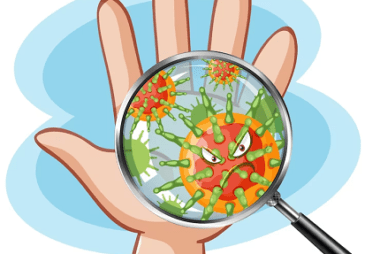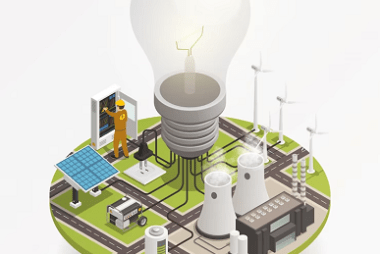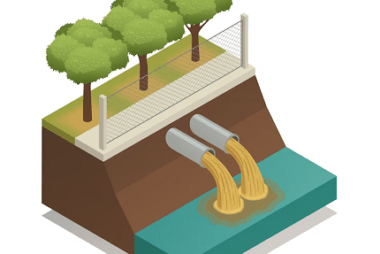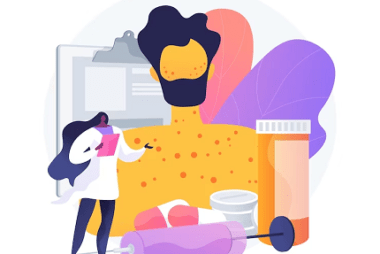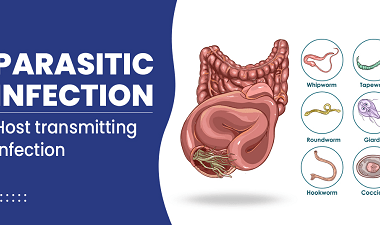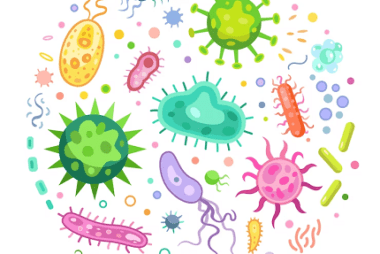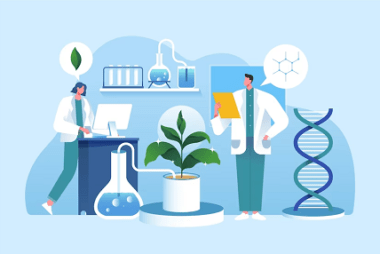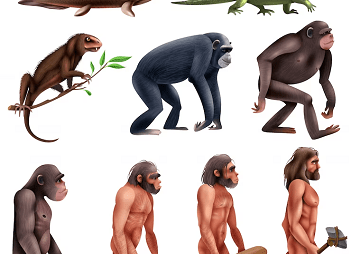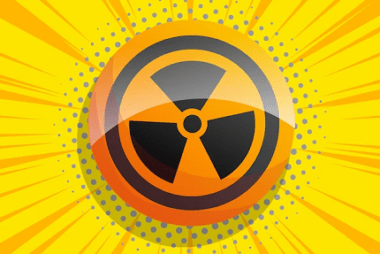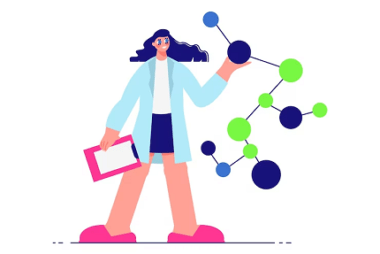Integrated Course AIIMS-SYLLABUS Biology syllabus Microbes causing human welfare
Microbes causing human welfare The syllabus for the AIIMS integrated course may vary, so it’s always best to consult official sources or the AIIMS website for the most accurate and up-to-date information. However, I can provide you with a general overview of the topic “Microbes causing human welfare” in the context of biology. Microbes, or…
